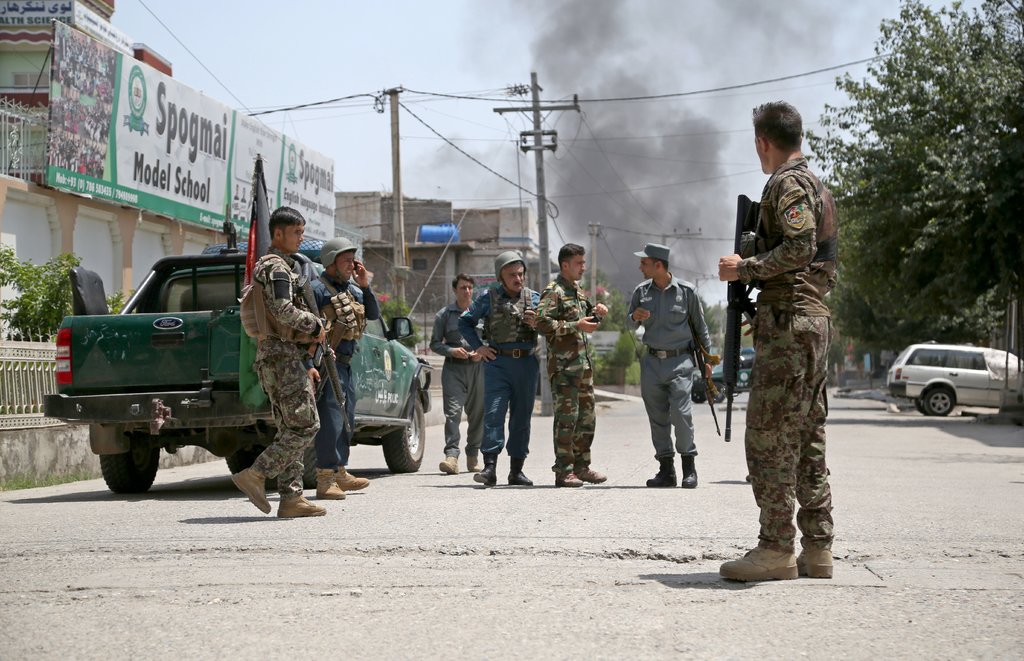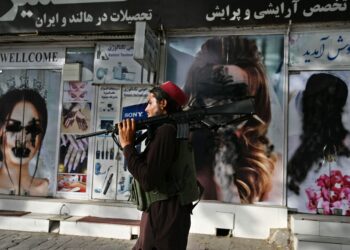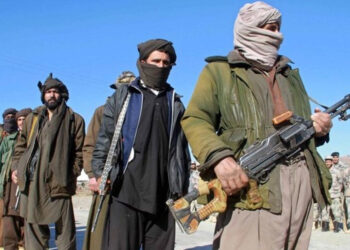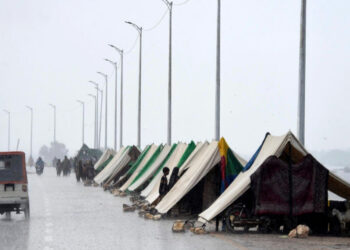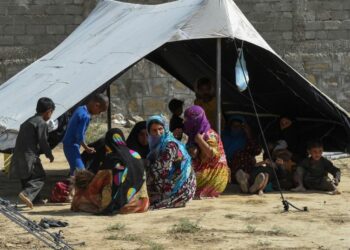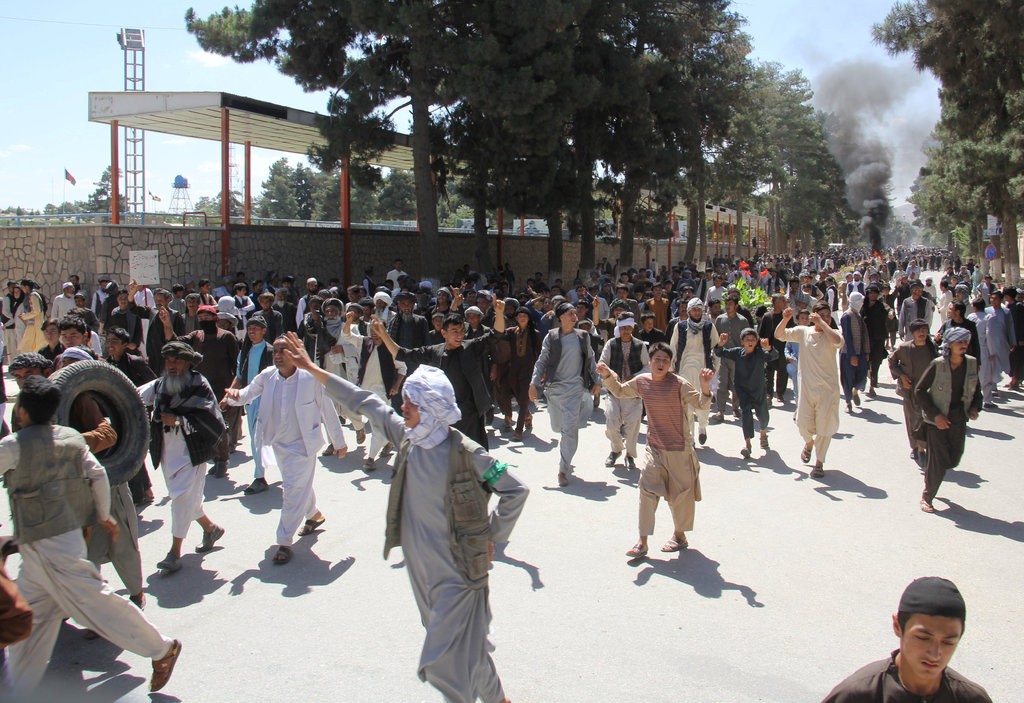Following a three-day ceasefire between the Afghan government and the Taliban, a new momentum has been generated in the peace efforts. The Afghan government first announced a condition-based and unilateral eight-day ceasefire on June 7. Subsequently, and seemingly in an unpredictable move, the Taliban too announced a three-day ceasefire during the Muslim holy festival of Eid. This ceasefire came as a surprise to all parties on Afghanistan’s political playground.
Ceasefire: Prologue to Peace
The truce provided a ground for appraising varying assumptions concerning peace and war in Afghanistan. Previously, the international community and regional actors speculated that given an enabling environment, the Taliban leaders might turn to be reconcilable; whereas, in case of a possible peace agreement, most of the Taliban local commanders and foot soldiers could act as potential spoilers.
However, the outcome of the ceasefire proved the opposite. Over 33,000 Taliban commanders and troopers visited cities and celebrated the Eid festival with Afghan people, while Taliban leaders, having realized that their reciprocal move could loosen their control over the local commanders, declined to extend the ceasefire or negotiate with the government.
Furthermore, the truce proved that the majority of Taliban commanders and fighters are tired of war and wish to get back to their normal lives. This could be asserted from the interaction of the Taliban with the Afghan people and their statements during media appearances.
“We are so tired of war, even if this war is Jihad or a pure service to the homeland, and even if foreigners do not leave Afghanistan,” one Taliban fighter told a local TV channel.
Likewise, Afghans proved that they could gradually overlook the brutal atrocities of the Taliban if they agree to integrate into the current structure of the society and respect the Constitution.
Previously, the Taliban and the political opposition claimed that President Mohammad Ashraf Ghani’s administration did not have enough political will to initiate peace talks. The government’s ceasefire indicated the opposite.
The outcome of the short-lived truce led to a new momentum in peace efforts. President Ghani has accelerated talks with regional and international actors to put further political and military pressure on the Taliban to try and bring them to the negotiating table.
Furthermore, Afghan religious scholars and peace rallies organized by local residents have mounted pressure on the Taliban. Simultaneously, Washington has continued to support, facilitate, and participate in an “Afghan-led, Afghan-owned” peace process. It seems that the involvement of the U.S. government in direct multilateral talks with the Taliban will come off in close coordination with the Afghan government.
In a nutshell, to speed up Afghanistan’s peace process, local actors and international stakeholders must redraw their strategies in the light of the post-ceasefire context.

Restoring Trust in Peace Efforts
Constant accusations of former President Hamid Karzai that the U.S. lacks sufficient political will to end the conflict has led to enhanced tensions between the two governments. This atmosphere of distrust immensely affected the collective efforts of putting pressure on the Taliban and their regional supporters.
Trust between the two countries was again bridged following the establishment of the National Unity Government (NUG) and signing of the Bilateral Security Agreement (BSA) on NUG’s second working day.
President Ghani’s first bold move in relation to peace was the initiation of a process that could lead to constructive engagement with the Pakistani government and military establishment, who have never denied their relations with the Taliban.
Ghani demonstrated openness of his government to addressing Pakistan’s key concerns. In return, the Afghan president asked Pakistan to shut down sanctuaries of the Taliban and bring them to the negotiating table. To build confidence between Kabul and Islamabad, Ghani tactically declined India’s offer to provide military equipment. But these efforts could not alter hostile policies of the Pakistani establishment towards Afghanistan.
Ghani had two lines of response in mind. First, he wanted to give Pakistan an ultimatum to engage constructively with the Afghan government. Second, he wanted to show the international community that his government has enough willingness to redefine relations between Afghanistan and Pakistan in light of regional economic opportunities.
Ghani’s second overture to Pakistan involved the creation of Quadrilateral Coordination Group (QCG), with the U.S., China, Pakistan, and Afghanistan on board. Their first meeting took place in January 2016. The main purpose of QCG was to draw a roadmap for the peace process and agree on a “fixity mechanism” through which Pakistan’s commitments to the Afghan peace process could be guaranteed by a third party. Unfortunately, six QCG meetings did not result in concrete steps by Pakistan to bring the Taliban to the negotiating table or put down their sanctuaries.
The third initiative of the Afghan government to create a spark in peace negotiation was the Kabul Process, aimed at reaching regional and global consensus on a unified strategy to fight terrorism, especially inside Afghanistan. Kabul Process is considered to be the government’s most adventuresome move in the past 17 years. During the second meeting in February 2017, Ghani rolled out a comprehensive peace plan and announced his readiness to negotiate with the Taliban anytime and anywhere.
The proposed peace package included the initiation of a ceasefire, recognition of the Taliban as a political party, kicking off a transitional confidence-building process, and holding inclusive elections. Furthermore, Ghani’s administration revealed its flexibility for revision of the Afghan Constitution. Releasing Taliban prisoners, removing names of Taliban leaders from the U.N. blacklist, and restructuring government institutions were also part of the peace proposal. Despite the generous offer, the Taliban refused to come to the negotiating table and asked for direct talks with the U.S. instead.
Another push factor for the Afghan peace process is the recently generated consensus among Islamic scholars about the illegitimacy of the Taliban war. Three weeks ago, around 100 prominent Islamic scholars from 33 Islamic countries gathered in Jeddah and Mecca in Saudi Arabia. They unanimously called on the Taliban and the Afghan government to promptly enter a peace process. The conference also declared that suicide attacks and killing civilians are completely forbidden in Islam.
While the efforts have not led to an actual peace deal yet, they have established an environment for enhancing energy and impulse of all parties towards reaching an inclusive and sustainable peace deal.
Internal Peace Dialogue and Regional Consensus
As President Ghani pointed out in one of his latest media conferences, Afghanistan’s peace dilemma can be solved by considering a two-dimensional approach. There must be equal focus on both the internal peace dialogue as well as building a regional consensus.
A new regional order is about to be formed in South Asia, the Middle East, and Central Asia which has great influence on the formation of new global order. In addition, there is no doubt that establishing consensual peace and stability in Afghanistan will function as a core constituent to this new order.
China, India, Russia, Iran, Pakistan, Saudi Arabia, and Central Asian countries are known as the main regional actors of the Afghan peace process. However, their demands to the outcome of a potential peace deal seem to differ. Thus, building an equilibrium between interests and concerns of regional and international actors will function as a guarantee for reaching a sustainable peace deal.
Establishing a holistic and inclusive peace deal, which gives high priority to prosperity of the nation, can be considered as a realistic approach for building a durable peace. Without a doubt, intra-Afghan peace dialogue could also be accelerated if a universal consensus on Afghanistan’s peace is reached.
Excuse Should Not Follow Regret
Almost 17 years of U.S. presence in Afghanistan makes it the longest war in the history of the United States. The U.S. mission has reached its most crucial moment yet, which needs sustained political and military commitment and effort. The choice is between a stable Afghanistan or a sanctuary for international terrorist groups.
The fact that the western bloc gave up on Afghanistan after the collapse of the Soviet-backed government in 1992, allowed the fundamentalist Taliban regime to devise an enabling environment for strengthening international terrorist groups like Al-Qaeda. The results of this untimely quit were the 1998 attacks on U.S. embassies in Darussalam and Nairobi as well as catastrophic 9/11 attacks.
These events awakened the international community, including the U.S., showing that leaving Afghanistan behind in 1992 was not a rational choice and hugely undermined global security. Likewise, exiting Afghanistan in the current unstable situation, with growing threats from global terrorism and transnational fundamental groups, would have unimaginable consequences.
Disclaimer: The views and opinions expressed here are those of the author and do not necessarily reflect the editorial position of The Globe Post.

